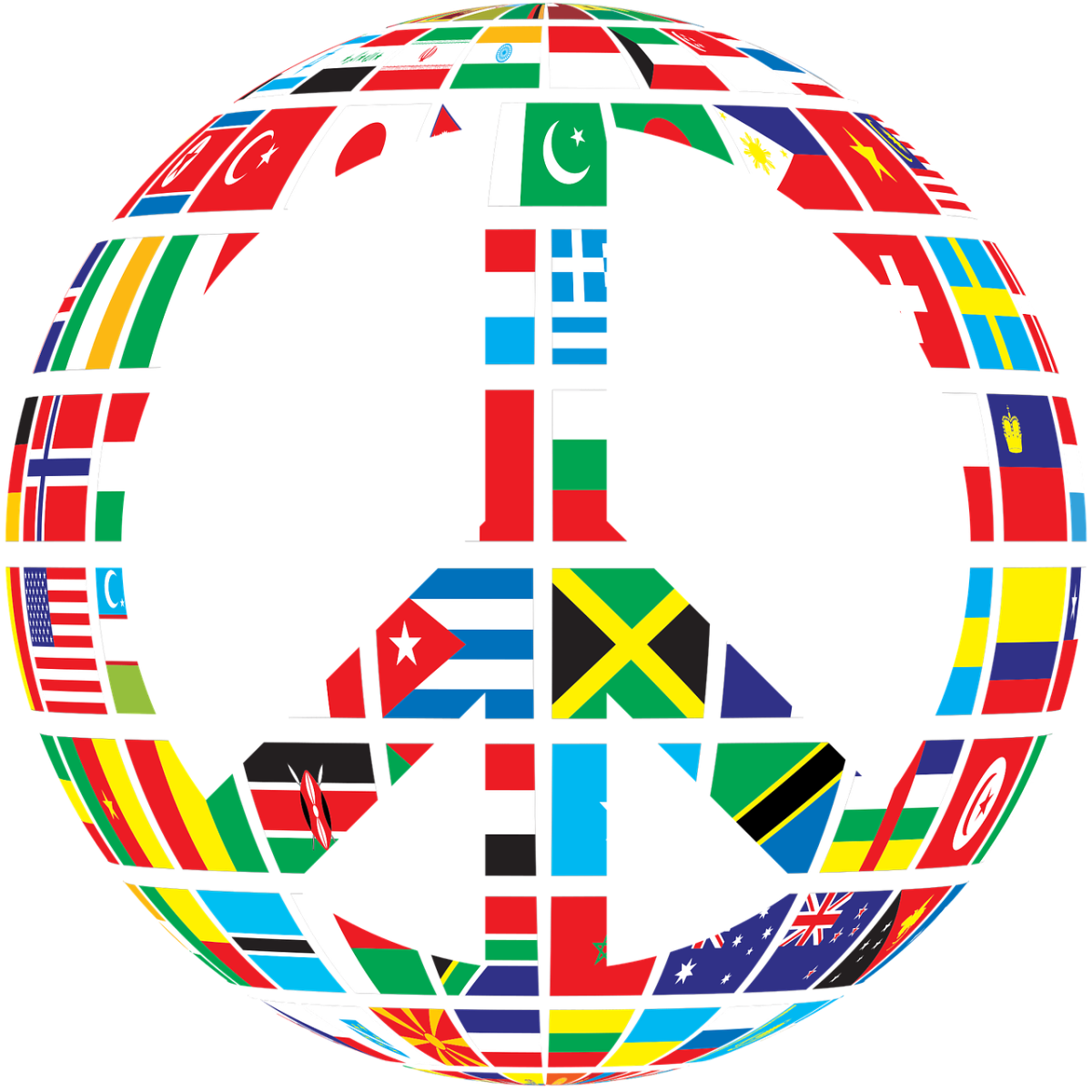Why the U.S. and United Nations Should not Negotiate with Terrorists
March 11, 2015
If you have watched the news recently, then you are probably aware of the numerous kidnappings committed by terrorists groups. While the outcomes are usually tragic, the United Nations and the U.S. should continue to follow a policy of not negotiating with terrorists.
On May 31, 2014, President Obama announced the planned exchange with the Taliban of Bowe Bergdahl, an American prisoner of war, for five prisoners from Guantanamo Bay. Looking at this now, it appears that this may not have been such a good idea.
The reason it may not have been a good idea is that giving the terrorists what they want; in this case, the return of five enemy combatants. Negotiating with terrorists shows these groups that they can get their people out of prison by simply capturing soldiers or United Nations (U.N.).
representatives, and then brokering a trade with these nations.
The nations in harm’s way when it comes to these types of situations are not limited to the U.S. and other western nations, however. Nations in the Middle East also face the prospect of having to deal with and negotiate with terrorist groups.
ISIS, an Islamic terrorist group located primarily in Iraq and Syria, struck a deal with the government of Jordan in early February regarding a prisoner exchange. ISIS promised to keep two prisoners alive for the exchange of a woman who was a failed suicide bomber. However, despite the deal that was in the works, ISIS beheaded one prisoner and burned the other alive before the proposed exchange date. Even if the timetable had not been breached and Jordan had been able to go through with the exchange, there seems a good chance that they would have been cheated by the terrorist group and, as a result, established an endless loop of demands by groups such as ISIS.
These groups would continue to demand the release of more imprisoned terrorists or force nations to deal with the possibility that the terrorist group in question would kill their hostage(s). And nothing could be done to stop it. This is why nations should not even consider negotiating with these groups.
The U.N. should avoid negotiations with terrorists simply because they are terrorists. Nothing good can come from dealing with killers. Add to this the fact that these groups have proven themselves unpredictable and untrustworthy, and you have plenty of support for denying negotiations. This untrustworthiness was on full display in the deal between ISIS and the government of Jordan. ISIS had promised to keep two prisoners a Japanese free-lance journalist and a Jordanian fighter pilot, alive for the exchange, but they killed both prisoners before any deals were finalized. According to multiple reports, the fighter pilot is speculated to have been killed as early as a month before the deal. If the deal had been made, ISIS would have their failed bomber back to train and re-send and, most likely, Jordan would have nothing.
The truth is, when deals are made with terrorist groups, the civilized world loses.






































